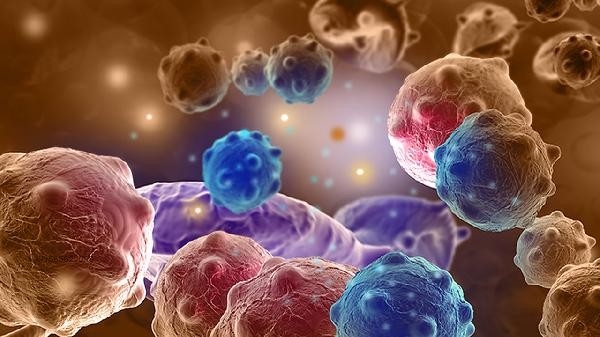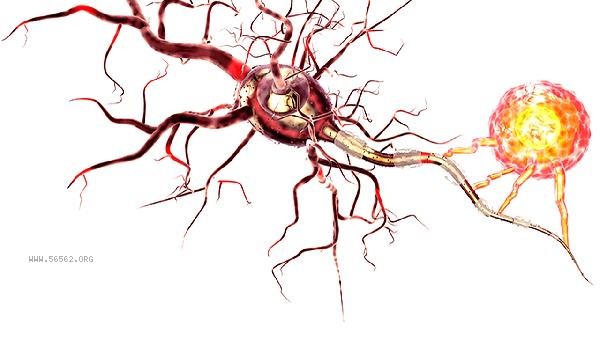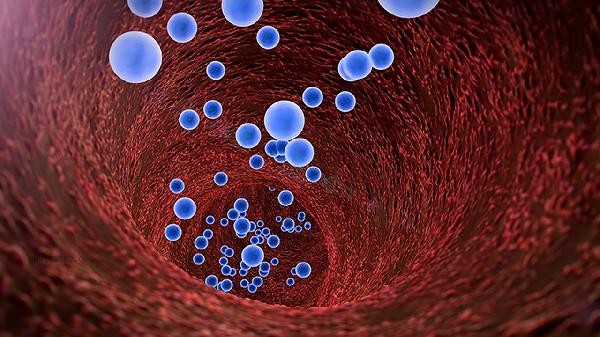The absolute value of lymphocytes is 3.7 × 10 ⁹/L, which is mildly elevated. The normal reference range for adults is usually 1.1-3.2 × 10 ⁹/L. Increased lymphocytes may be caused by viral infections, bacterial infections during the recovery period, hyperthyroidism, autoimmune diseases, or physiological factors.

1. Viral infection:
EB virus, influenza virus and other infections are common causes of lymphocyte proliferation. During viral infection, lymphocytes participate in the immune response, manifested as an absolute increase, usually accompanied by symptoms such as fever and sore throat. Blood routine examination may also show an increase in the proportion of monocytes, which generally does not require special treatment and can recover on its own after 2-3 weeks.
2. Recovery period of bacterial infection:
Some bacterial infections, such as tuberculosis and pertussis, may have increased reactive lymphocytes in the recovery period. At this point, the proportion of neutrophils gradually decreases, while the proportion of lymphocytes relatively increases, which is a normal response of the body's immune system. If accompanied by persistent cough, low-grade fever and other symptoms, complete tuberculosis test and other examinations are required.
3. Hyperthyroidism:

Hypermetabolism in hyperthyroidism patients can stimulate lymphocyte production, and about 30% of patients will experience mild lymphocyte hyperplasia. Typical symptoms include palpitations, excessive sweating, and weight loss, which need to be diagnosed through five thyroid function tests. After controlling thyroid hormone levels, lymphocyte counts can return to normal. 4. Autoimmune diseases: Rheumatoid arthritis, systemic lupus erythematosus, and other diseases may cause persistent lymphocyte elevation. Abnormal activation of the immune system can lead to lymphocyte proliferation, often accompanied by specific symptoms such as joint swelling and pain, rash, etc. It is necessary to make a comprehensive judgment based on immunological tests such as anti nuclear antibodies and rheumatoid factors.
5. Physiological factors:
Intense exercise, pregnancy, stress state, and other physiological conditions may cause a transient increase in lymphocytes. This change usually returns to normal within 24-48 hours without accompanying symptoms, and a follow-up blood routine shows a decline in indicators. The proportion of lymphocytes in children is higher than that in adults, and age specific reference values should be used for evaluation.
It is recommended to maintain sufficient sleep and a balanced diet, and to supplement vitamin C and zinc appropriately to help with immune regulation. Two weeks later, a follow-up blood routine examination will be conducted to observe changes in indicators. If there is a continuous increase or symptoms such as weight loss and lymph node enlargement appear, further examinations such as peripheral blood smear and lymphocyte subset analysis need to be completed. Avoid excessive fatigue in daily life, pay attention to monitoring temperature changes, and drink more water to promote metabolism during viral infections.










Comments (0)
Leave a Comment
No comments yet
Be the first to share your thoughts!